All Stories
-
 Science & Society
Science & SocietyFor the real hits of fashion week, look to computer science
A machine learning algorithm that analyzes trends on the runway and those on the street could help designers and manufacturers better understand what fashion trends take off.
-
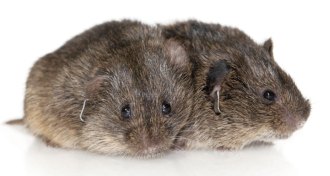 Animals
AnimalsWhat really changes when a male vole settles down
Bachelor prairie voles can’t tell one female from another, but saying “I do” means more than just settling down.
By Susan Milius -
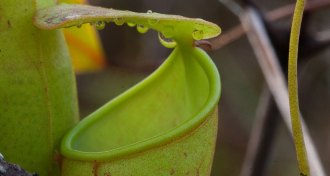 Plants
PlantsRaindrops help pitcher plants trap dinner
Pitcher plants use the force of falling raindrops to fling prey into their traps.
-
 Health & Medicine
Health & MedicineNobel medicine prize won for drugs from natural sources
Nobel Prizes in medicine or physiology awarded for drugs that combat roundworms and malaria
By Tina Hesman Saey and Laura Sanders -
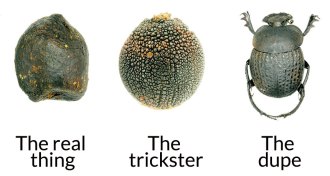 Plants
PlantsStinky seeds dupe dung beetles
Seeds that look and smell like animal poop can trick dung beetles into spreading and burying the seeds.
-
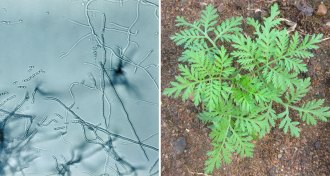 Health & Medicine
Health & MedicineTherapies against roundworm, malaria parasites win medicine Nobel
The 2015 Nobel Prize in medicine or physiology was awarded to Youyou Tu for her work in counteracting malaria, and to William Campbell and Satoshi Omura for work on treatments against roundworm parasites.
-
 Science & Society
Science & SocietyFull coverage: 2015 Nobel Prizes
The Nobel Prizes in physics, chemistry and medicine or physiology ran the gamut this year, honoring both fundamental science discoveries and research with real-world impacts.
-
 Science & Society
Science & SocietyCentennial books illuminate Einstein’s greatest triumph
Scholars mark general relativity 100ths anniversary with books on history, biography, science.
-
 Astronomy
AstronomyEinstein’s genius changed science’s perception of gravity
Einstein struggled for years to solve the puzzle of general relativity. The pieces all fell into place in November 1915.
-
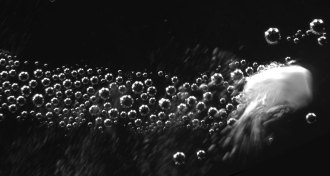 Health & Medicine
Health & MedicineFizzy bubbles carry drugs deep into wounds
Bubble-powered drugs burrow into wounds to stop blood loss.
By Meghan Rosen -
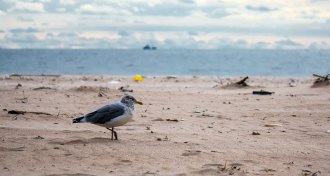 Animals
AnimalsWhat happens to animals in a hurricane?
Hurricanes can be devastating to animals on land and in the sea, but they can also provide opportunities.
-
 Astronomy
AstronomyFirst stars may lurk in our galactic neighborhood
Representatives from the first generation of stars might be hiding in our cosmic backyard, masked by interstellar pollution.